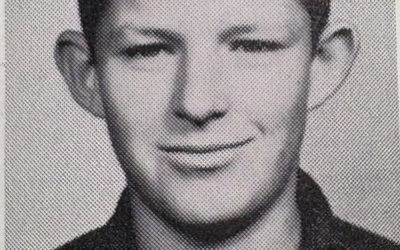The Workedge Blog
Mark's RemarksFollow the Schedule
“We’ve all been there. We begin the day with a clear intention to accomplish something important, just as the farmer sets out to plow his south forty. But one distraction leads to another—feeding the pigs, checking on potatoes, gathering firewood—and by evening, what truly mattered remains unfinished. Like the frustrated farmer, we can lose sight of our main goal if we let every passing task pull us away. The power to change this is within us. Commit to finishing what you start, make a plan, and see it through to the end. Your heart’s in the right place—you’ve got what it takes to finish, so go to it.”
The Power of Example
“Whenever I’m around, Lukas will follow me closely. I call him ‘Shadow’ because he trails me everywhere—like a shadow. Good or bad, evidence shows he is picking up a lot from my example. Ah, the power of example—even from a distance.”
Unfreezing the Frozen
“A common problem that many people have is that they dislike themselves. So, if they come in contact with people who help them see some positive quality in themselves, it can prove to be a game-changer. By helping people to make peace with who they are and value their positive qualities, we can help them find ways to reach their potential.”
Five Ways to Build Your Future at Work and Not Simply Mark Time
“At ten years old, I was driving a tractor and dreaming of anything but work. Years later, I’ve learned that fulfillment doesn’t come from escaping work—it comes from transforming it. Here are five ways to build a future with purpose, not just mark time.”
The Boy in the Yearbook
In a dusty yearbook from 1962, a quiet moment between a student and his band director changed music history. This is the story of Don — and a reminder that your everyday actions can shape extraordinary futures.
How to Become a Person with Charisma
Discover how to develop charisma using nonverbal cues like body language, voice tone, and facial expressions. Learn key insights from Vanessa Van Edwards’ book Cues to boost your confidence and communication skills.





